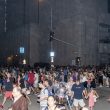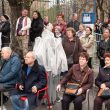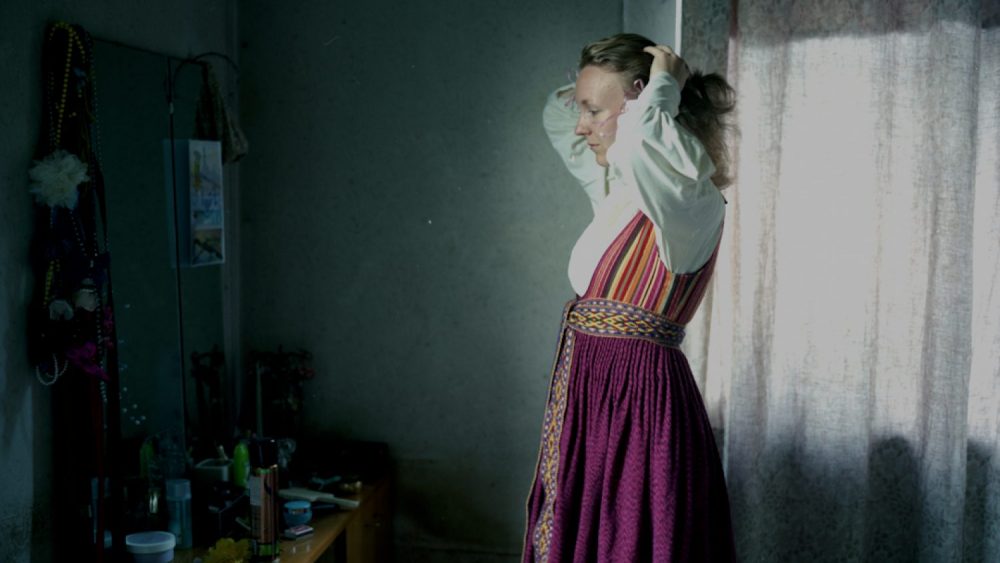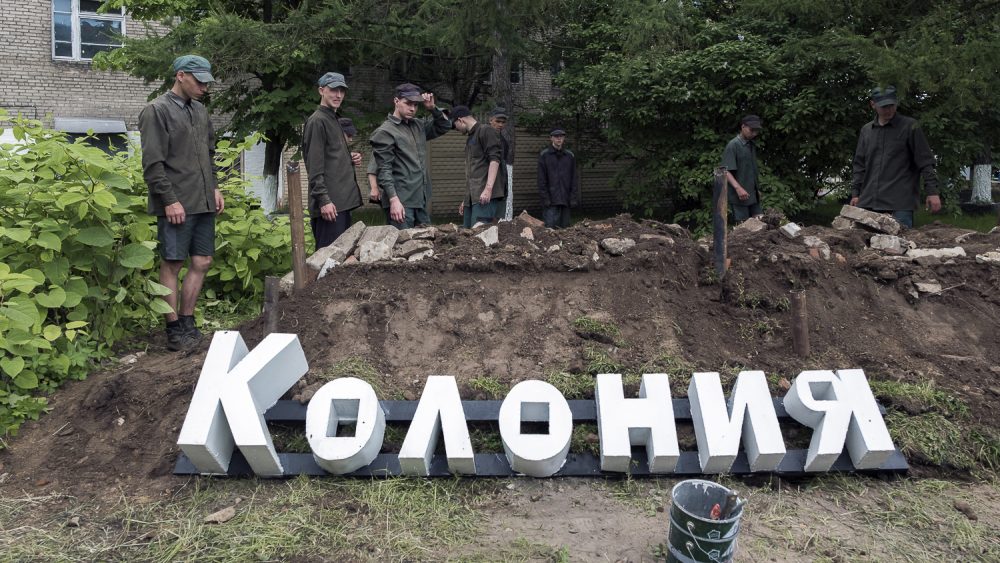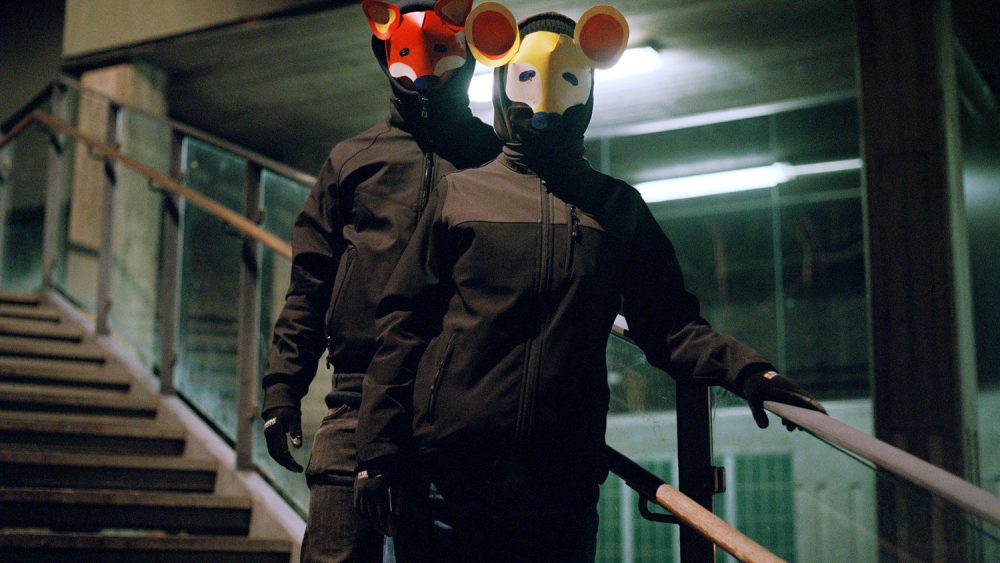The Two-Tailed Dog
Hungary, which lies between the West and the East, has always been looking for its identity and its place on the European map. The 1848 uprising, the 1920 Treaty of Trianon, or the 1956 revolution – these are the dates which are familiar to every Hungarian and which will be cited in every conversation about what was not successful in the country, but could have been.
The changes which have occurred over the last thirty years have caused the Hungarians’ freedom to become the source of their confusion, and the country appears to be internally divided. The dissatisfaction and disappointment have caused part of society to become an easy target for populist slogans used by those in power.
The government manipulates and exploits the Hungarians’ emotions. It creates a vision of the world full of enemies of the nation. It refers to the idea of patriotism, which is a mix of national pride, a feeling of unfair treatment and a sentiment for the historical Greater Hungary. The authorities’ attention is only seemingly directed to society, while in fact it focuses on gaining and maintaining power.
While photographing contemporary Hungary, I focused on relations between the government and society, which stands between reality and the propaganda vision of a strong state. The photos present symbols, places, events, and in particular they show the human being entangled in the political processes of acquiring power. A person who is easy to buy with simple election slogans.
In my story I do not want to analyse or to draw conclusions. I move intuitively from one place to another, tobe taken in by the sense of being lost in reality created by Victor Orban.
The titular Two-Tailed Dog is a political party founded by a group of artists who, in their performative activities and happenings, mock the authorities and their methods of winning power. Eternal life, free beer, two sunsets a day, or a prohibition on diseases as a solution to healthcare problems are just some of the slogans out of their election program. Their ironic insight into reality became a key to my narration of Victor Orban’s growing authoritarianism.
Michał Adamski (1976) is a photographer from Poznań, Poland. He is cofounder of Pix.House Foundation and Gallery. He had solo exhibitions in Warsaw, Poznan, Bielsko-Biała, Pila and group exhibitions in Krakow, Warsaw, Berlin, Buenos Aires, Miami and elsewhere. Last November this project came out as a photobook.





